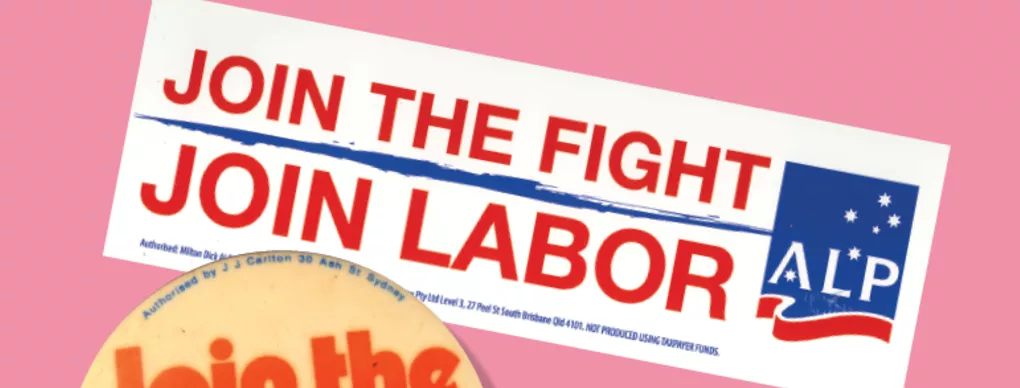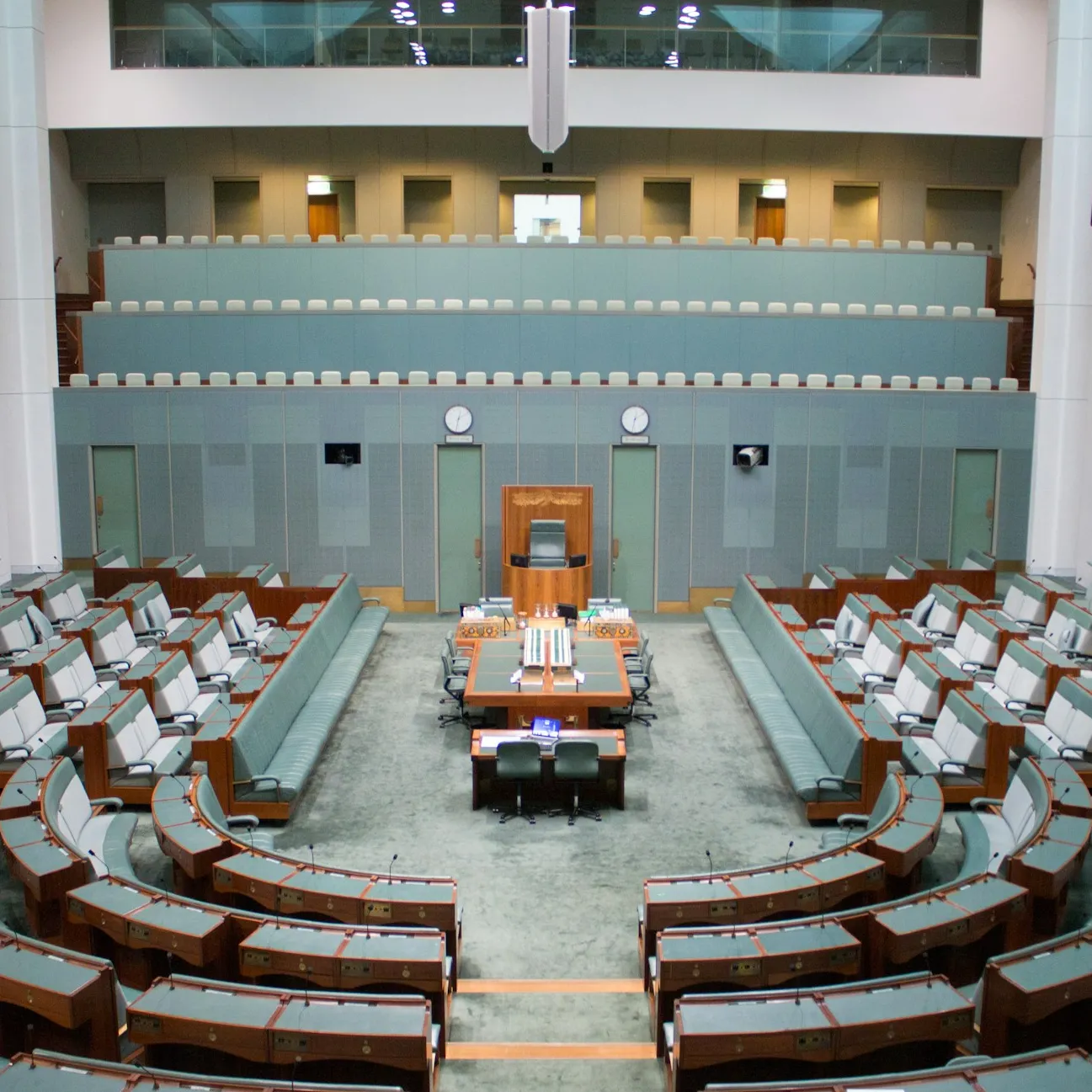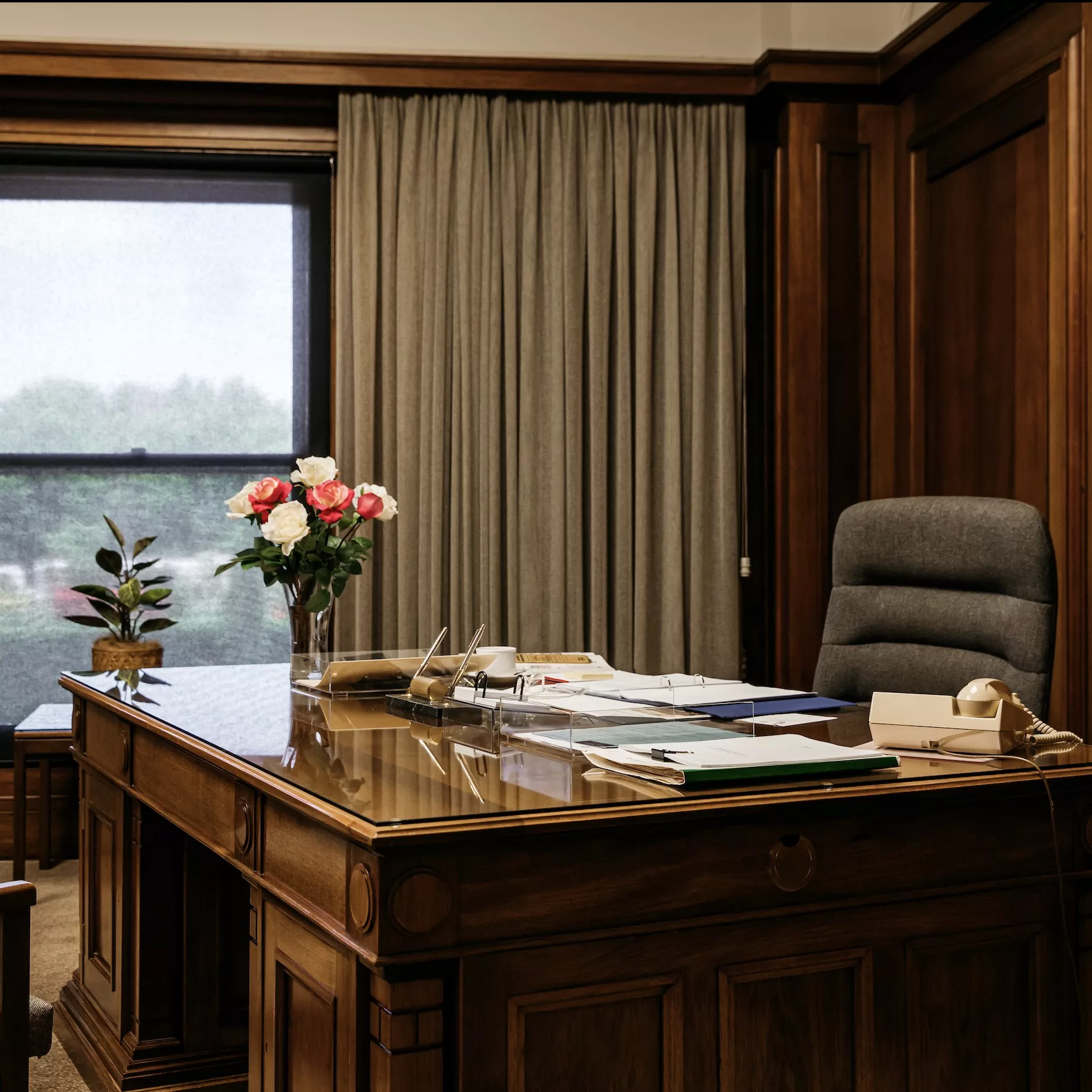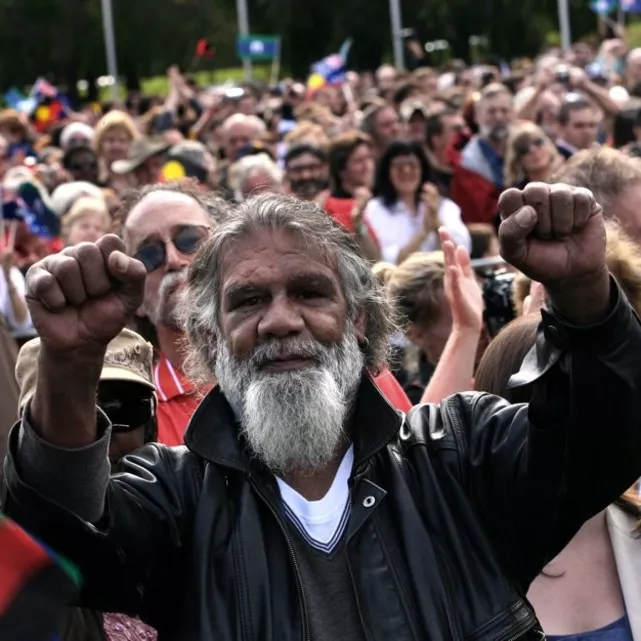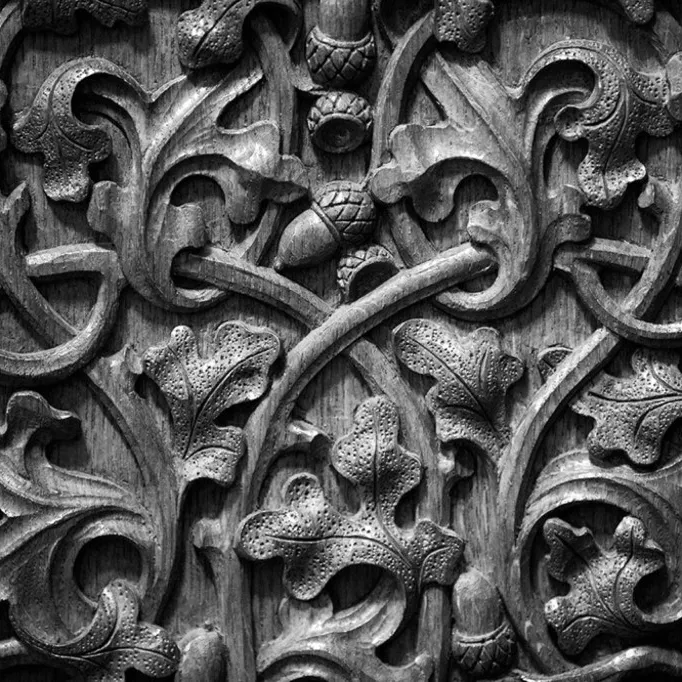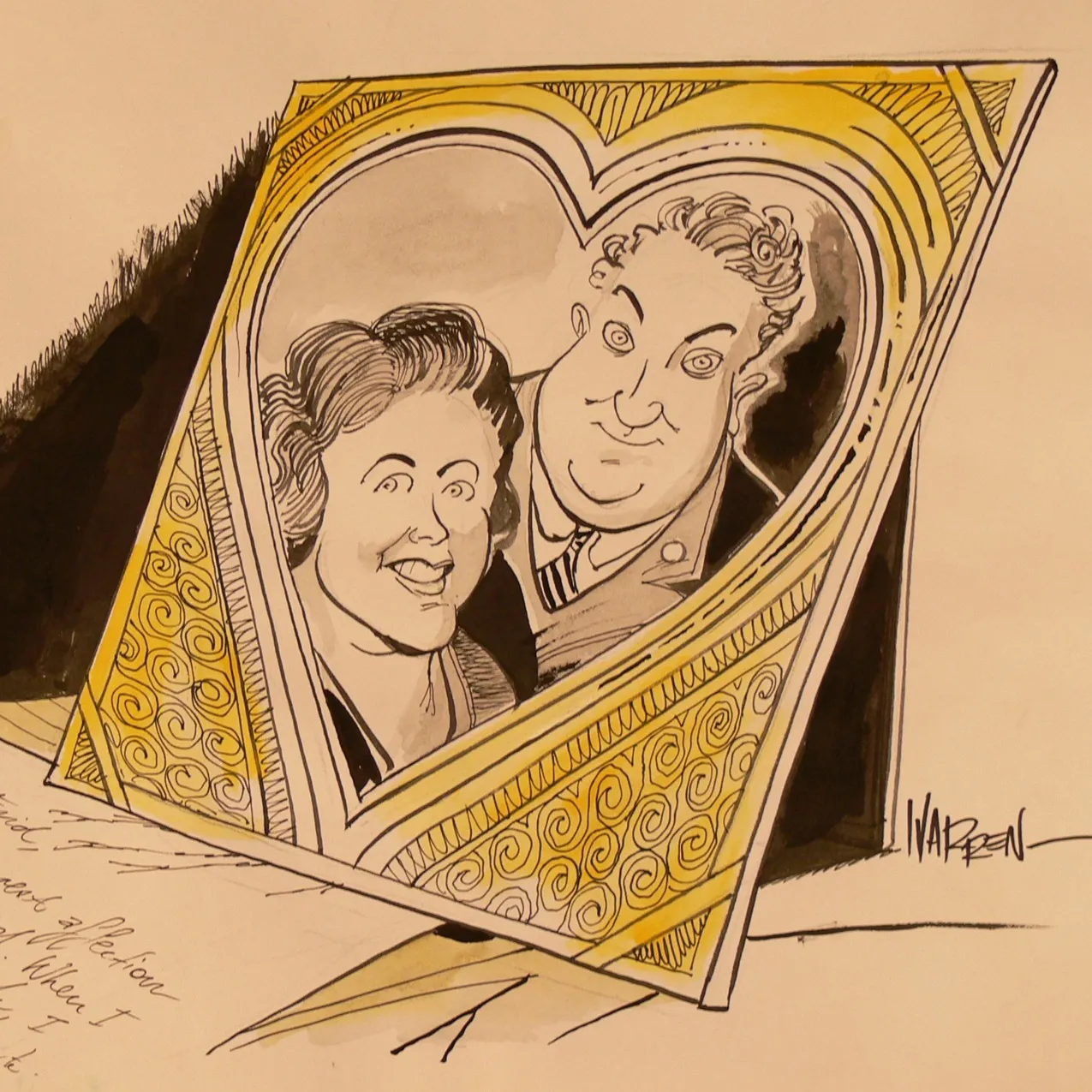Life of the party – part 2
- DateThu, 05 Nov 2020
What do parties do for us?
First Nations readers are advised this article contains names and images of deceased people.
This is the second of a series of blogs about parties... no, not that kind. I made this joke last time, and will probably keep making it, just so you know. In part one, we looked at why parties exist in the first place. Today, we’re asking: why should you care?
Like them or loathe them, parties dominate political debate and the political system. But… what’s the point of them? As studies increasingly show people losing trust and faith in many aspects of the democratic system, including parties, is there any reason to keep them around?
A 2019 study by the Institute for Governance and Policy Analysis came up with several functions for political parties in our democracy, provided everything is working well.
- Dr Kerryn Phelps MP, first speech to the House of Representatives, 2018
Parties help you get elected
Running for political office costs money. Even though candidates get some funding from the government, it still can cost a lot to run a campaign. One way parties make it easier to get elected is by raising that money for their candidates. They do this in lots of ways – primarily through getting donations, but also from membership fees. Parties can then divide that money among their candidates, and usually put the bulk of it towards candidates they think have a good chance of winning. While it’s possible to get elected without the help of a party as an independent, parties certainly make it easier.
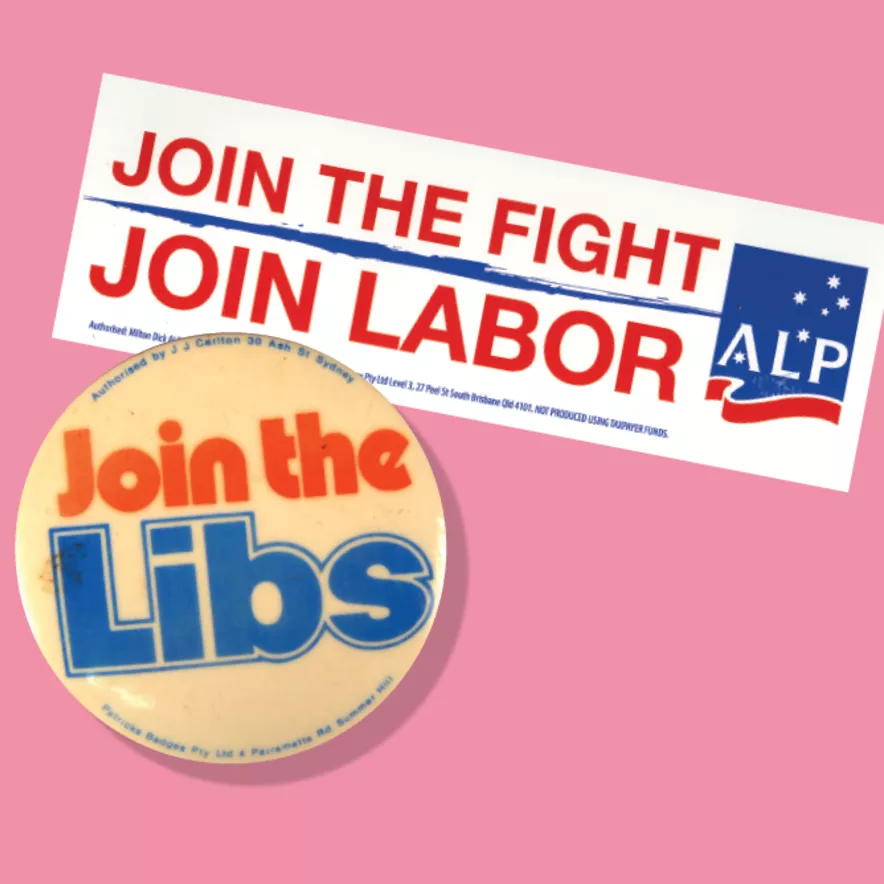
Parties create consensus and help government work better
Have you ever tried to order pizza for a group of 20 people? Now imagine trying with 200 people. The party system, when it works well, makes it easier for governments to make decisions and pass laws. Rather than having to deal with dozens, if not hundreds, of individual views, proposals, amendments and demands, they only have to deal with a few - those of the parties, all of whose members vote together as a bloc. It still means negotiation, consensus and debate, but it means the process doesn’t require getting so many people to agree, which might be impossible without parties to guide them.
Parties train politicians
Parties have many members and officials within them, and helping to run and manage a party can be a formative step in someone’s political career. Many politicians come from the ranks of party officials or staffers. The argument goes that this experience helps people become better politicians - making deals, making connections, learning how government works, and learning how to communicate ideas.
Parties help make good policy
When they’re working well, parties develop and frame policy ideas, and present them in a clear way to the people. Most parties have multiple committees and groups that study, report and formulate policy, and debate on issues and policy is a core part of what makes parties what they are. If you have a party full of people who passionately believe in a cause, the party works to take these differing and complex views and make them into something workable which can be implemented. The extent to which members’ views formulate policy can vary party-to-party, but at least in theory it’s the members who shape a party’s approach to issues.
- Julia Gillard AC, Auspic
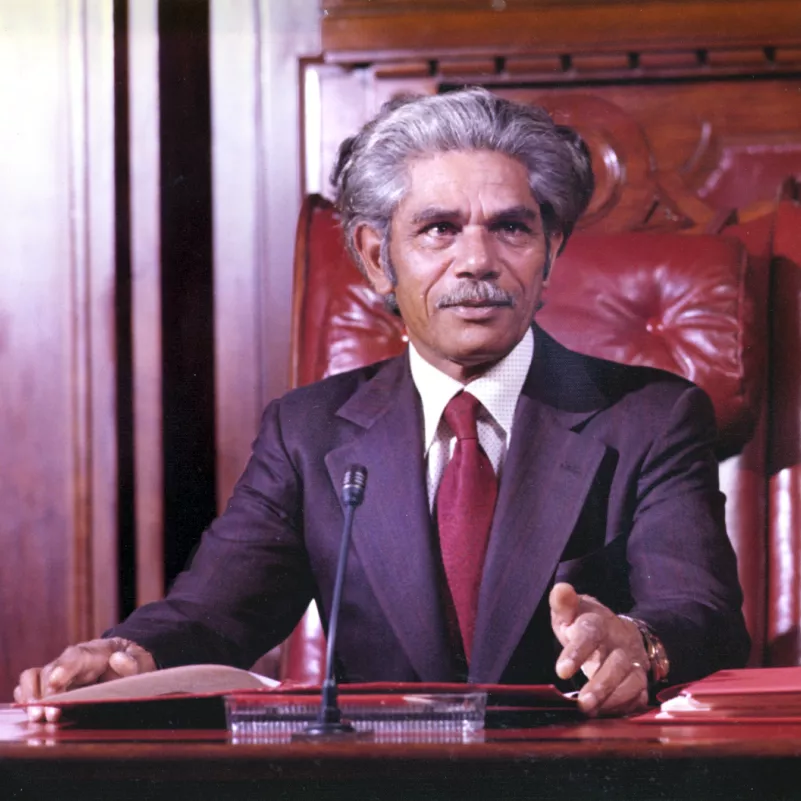
Parties represent values
A lot of people would be cynical about the idea that political parties represent a set of political, moral and social values. But when they work well, that’s exactly what parties do. Remember the Whigs and Tories? People of the time gravitated to them because they were representative of the two potential futures for society at the time. Did people want to live in a society ruled by a monarch, or one ruled by parliament? The ideals over time may have changed, but parties that are successful and popular are identified with a cause, and its members and elected officials try to embody that cause in their daily work and lives.

